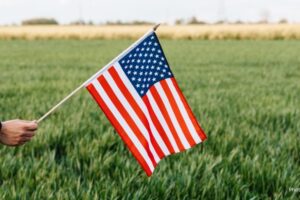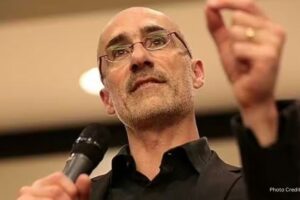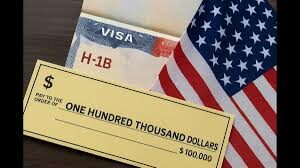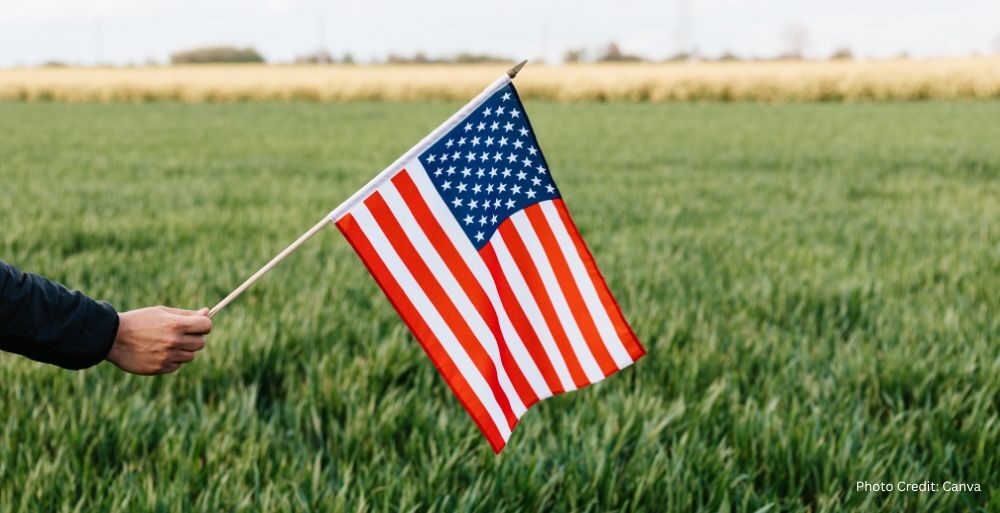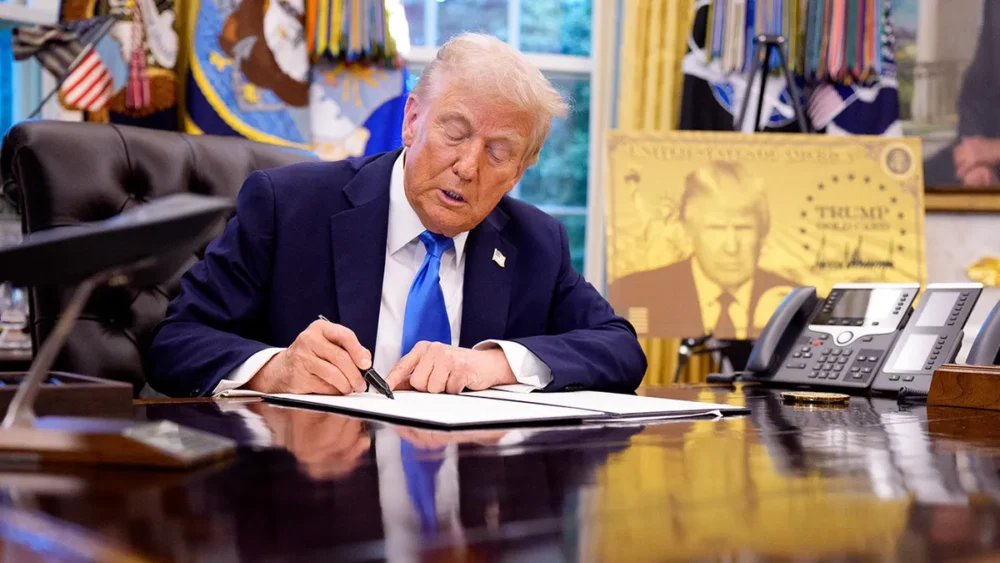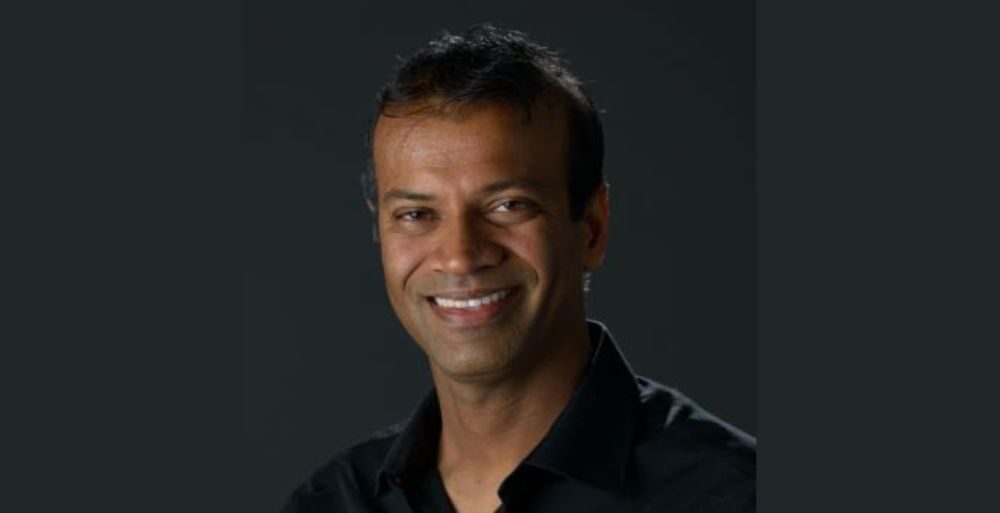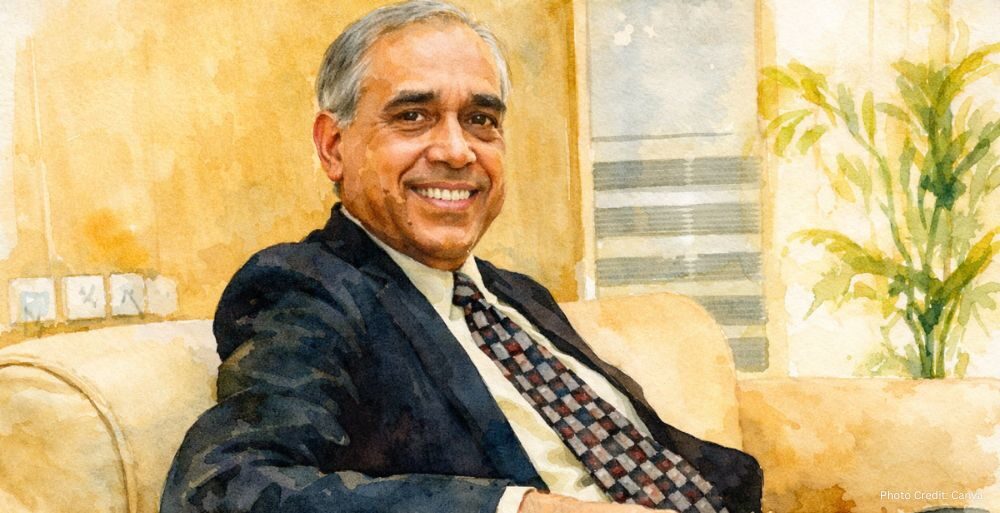The United States has introduced stringent new regulations affecting H-1B visa policies, with significant implications for foreign skilled workers, particularly from India. As of September 21, 2025, President Trump signed a proclamation mandating that all H-1B visa holders be subject to an annual fee of $100,000, which must be paid by their sponsoring companies. This move effectively restricts new and existing H-1B visa entries unless the fee is paid, and it applies to all applications submitted after the specified date. The policy exchanges a traditional immigration process for a costly barrier, which critics argue could deter companies from employing highly skilled foreign workers and undermine the U.S. innovation ecosystem.
This fee hike is part of a broader strategy by the Trump administration to prioritize domestic employment and curb immigration that, according to officials, has been exploited by companies to replace American workers with lower-paid foreign labor. The new regulation is expected to significantly inflate the cost of hiring H-1B workers, which has already led several major tech firms to advise employees to remain in the U.S. or prepare for potential disruptions.
India, accounting for about 71% of H-1B beneficiaries last year, is the most affected country under these new regulations. More than 1,00,000 Indians held H-1B visas in 2024, working in sectors such as technology and healthcare. The steep fee raises concerns about further delays, higher costs for companies, and the potential decline in Indian professionals applying for U.S. employment visas. The move has also generated fears about long-term impacts on U.S. innovation, as highly skilled talent from India and other countries could seek opportunities elsewhere.
Moreover, the crackdown arrives amid broader debates over the integrity of the H-1B program, which has been criticized for being exploited by some companies that replace American workers with cheaper foreign labor, often under poor working conditions. Some firms have laid off thousands of U.S. workers while simultaneously hiring H-1B visa holders, which has led to lawsuits and political backlash. Critics argue that these policies threaten to hollow out U.S. technological leadership and damage the country’s global competitiveness.
The new regulations are expected to provoke legal battles and further complicate the U.S. visa landscape, especially for Indian students and professionals seeking to work or study in America. As the government tightens restrictions, many in India and elsewhere are reconsidering their options, with some planning to explore other countries offering more stable pathways for skilled migration.








